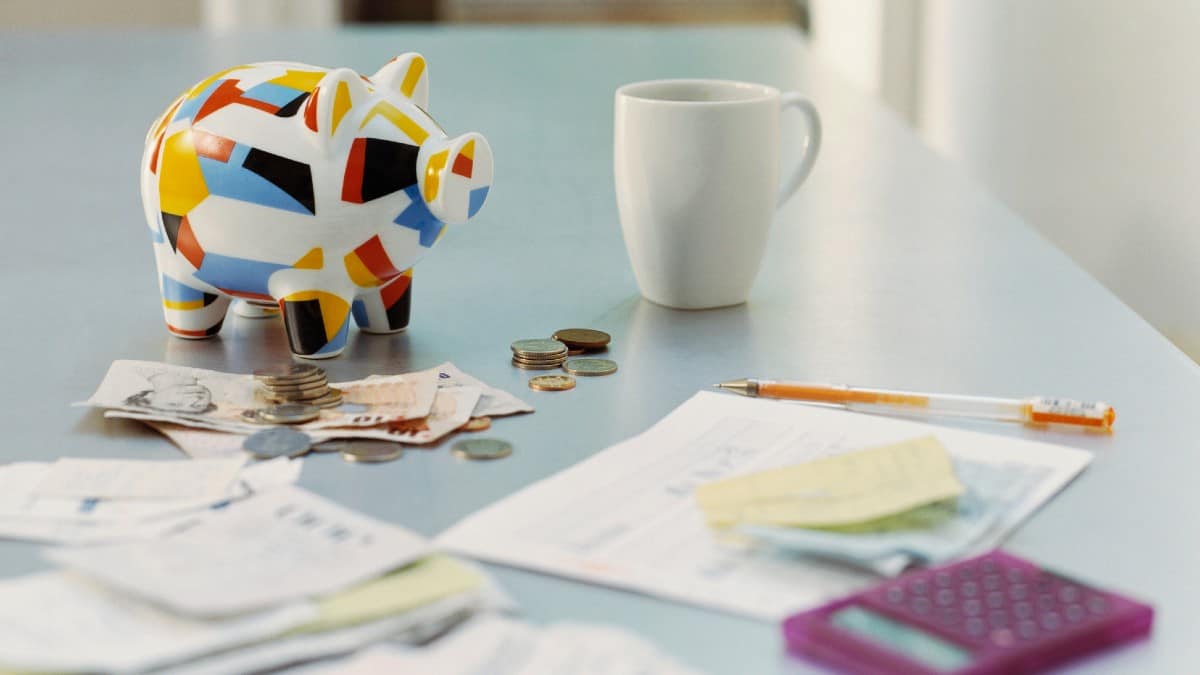A bank statement offers some key insights into your personal finances. But how do you get one, and what can you learn from it? Let’s take a look.
[top_pitch]
Why you should get a bank statement
Basically, a bank statement is an account summary. It lists every transaction you’ve made over a certain period – usually a month. So, from credit card payments to ATM withdrawals, you’ll see it all listed in your bank statement.
Why are bank statements helpful? Well, for two reasons.
- It’s easier to budget when you can see where your money’s going each month.
- You can check your statement for fraudulent activity, which may help keep you safe from things such as identity theft.
What’s more, if you’re applying for a loan or mortgage, you might need to show bank statements to confirm your identity and prove you can afford the repayments.
How do you get a bank statement? There are two ways: online, or by post. Here’s a look at both.
How to get a bank statement online
Do you have an online bank account? Then in just a few short steps, you can access your own bank statement.
First, log on to your online bank account. Normally when you log in, you’ll be able to quickly view a list of your most recent transactions. For more details, simply click on an individual entry, or follow the onscreen instructions.
If you want to view transactions over a longer period of time (say, a month or two), go to the statements section. It might be called something slightly different, for example, Barclays calls it the “online statements” section, and Halifax offers a simple search tool on the main account screen.
- You can view the statement immediately and, normally, you can save it as a PDF on your computer.
- Since you’re already logged in, you shouldn’t need to provide extra details to see your bank statement.
- If you’ve got a mobile app, the same process applies.
It’s free to view statements online.
How to get a bank statement by post
You don’t always need to request a paper statement. Some banks, like Santander, will post out paper statements to you each month unless you choose to go paperless. If you’ve got an online bank account, you can usually download your digital statement and print out a copy for your own records.
However, if you don’t have a printer, or you want a copy posted out to you, it’s easy enough to get one.
- Log on to your bank account. If you don’t have an online account, call your bank or visit a branch instead.
- Request a copy of your statement. You don’t usually need to provide proof of identity, but your bank will let you know if it’s necessary.
- It can take up to 10 days before your statement arrives.
If you need a copy of a really old statement from years back, your bank might charge for this. NatWest, for example, charges £3 for statements that are more than seven years old.
[middle_pitch]
How to get a mini statement
So that’s how to get a ‘formal’ bank statement, but did you know you can get ‘mini’ statements, too? These statements show what’s been going in and out of your account over the last few days or so, and they’re helpful if you’re trying to stay on top of your finances.
To get a mini statement, simply pop your bank card into an ATM and follow the onscreen instructions.
Takeaway
It’s pretty easy to get a bank statement, and it’s worth checking yours regularly to make sure you know what’s happening with your personal bank account.
Just remember, though, that the process for getting a statement can vary slightly between banks. So, if you need any more help, or you need a statement for proof of address, give your bank a call.







